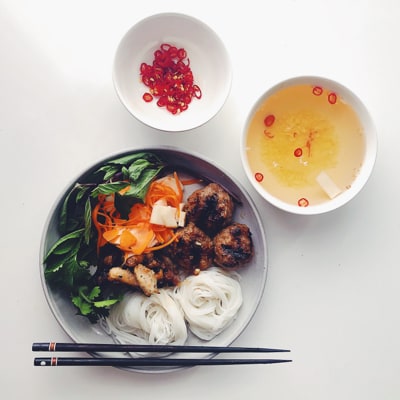Rabbits are wonderful pets that require a carefully balanced diet to stay healthy. If you’re a rabbit owner in Sydney, it’s essential to provide fresh, nutritious, and high-fiber foods to keep your rabbit happy and active. A well-balanced diet ensures proper digestion, prevents obesity, and promotes dental health. This article will explore the best rabbit food in Sydney, essential nutrients, feeding guidelines, and expert tips tailored for rabbit owners.
1. Understanding a Rabbit’s Dietary Needs
Rabbits are herbivores, meaning they thrive on plant-based diets rich in fiber. The majority of their diet should consist of hay, complemented by fresh vegetables, quality pellets, and limited fruit.
1.1 Why Hay is the Most Important Food for Rabbits
Hay makes up 80-90% of a rabbit’s diet and is crucial for digestion and dental health.
- Timothy Hay – Ideal for adult rabbits due to its high fiber and low calcium content.
- Meadow Hay – A great alternative with a variety of grasses.
- Oat Hay – Contains more fiber and is beneficial for digestive health.
Rabbits should have unlimited access to fresh hay daily.
2. Best Fresh Vegetables for Rabbits
Adding fresh vegetables provides essential vitamins and hydration.
2.1 Recommended Vegetables
- Leafy Greens: Kale, spinach, romaine lettuce, parsley, and bok choy.
- Root Vegetables: Carrots (in moderation due to sugar content).
- Herbs: Basil, mint, coriander, and dill are excellent choices.
3. Rabbit Pellets: Choosing the Right One
Commercial rabbit pellets are an important supplement to their diet but should be given in moderation.
3.1 Features of High-Quality Rabbit Pellets
- High in Fiber (at least 18%).
- No added sugars or artificial ingredients.
- Pellet-only formula (without dried fruit or nuts).
Adult rabbits should receive 1/8 to 1/4 cup of pellets per day, depending on size.
4. Foods to Avoid
Certain foods can be harmful to rabbits and should be avoided.
4.1 Dangerous Foods for Rabbits
- Iceberg Lettuce – Contains lactucarium, which can be harmful in large quantities.
- Sugary Fruits – Apples, bananas, and grapes should be limited.
- Processed Foods – Bread, pasta, crackers, and cereal can cause digestive problems.
5. Feeding Guidelines for Sydney Rabbits
Sydney’s climate can be warm, so keeping rabbits hydrated is crucial.
5.1 Hydration and Feeding Tips
- Always provide fresh water in a bowl or bottle.
- Store hay in a cool, dry place to prevent mold.
- Feed small portions of fresh vegetables daily to supplement their diet.
If you notice any changes in your rabbit’s eating habits, consult a vet immediately.
Conclusion
Providing high-quality rabbit food is the foundation of a healthy, long, and happy life for your pet. A well-balanced diet consisting of fresh hay, nutrient-rich vegetables, and the right pellets supports optimal digestion, maintains strong teeth, and ensures your rabbit gets the essential vitamins and minerals it needs. By carefully selecting fresh and safe foods, you can prevent common health issues such as obesity, dental disease, and digestive problems, which are prevalent among pet rabbits.
In addition to feeding the right foods, it is crucial to establish a consistent feeding routine. Rabbits thrive on structure, so providing meals at the same time each day helps regulate their digestion and overall health. Fresh water should always be available, especially during Sydney’s warmer months, to prevent dehydration. Proper food storage is also essential—keeping hay in a cool, dry place ensures freshness, while vegetables should be washed thoroughly before serving.







